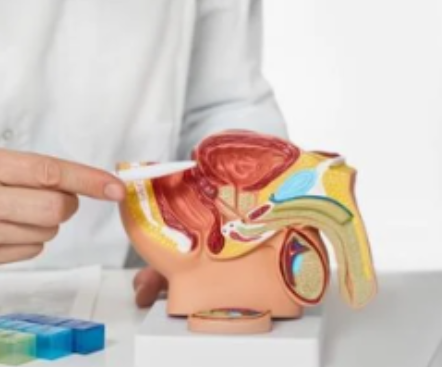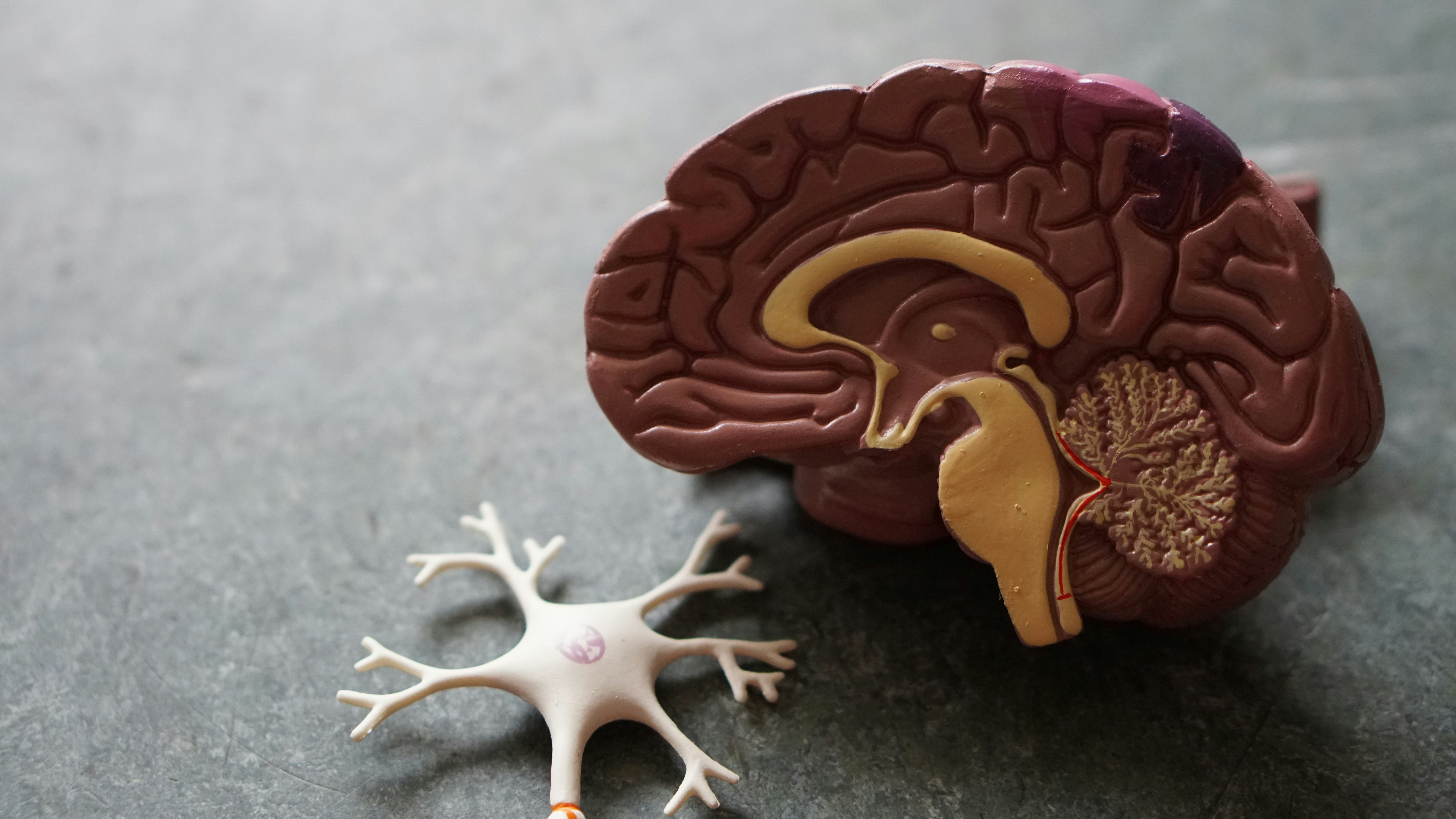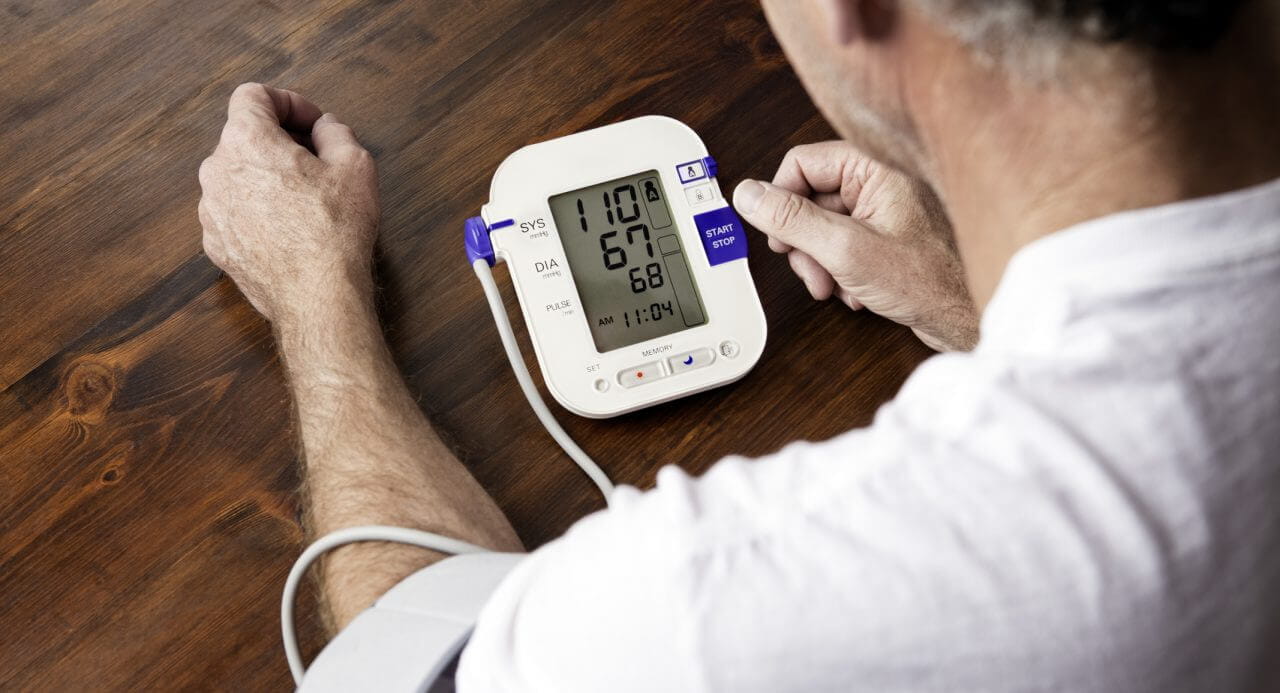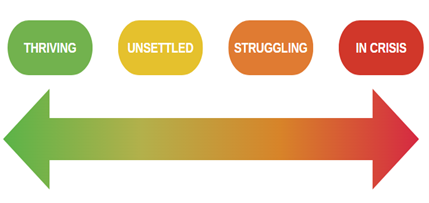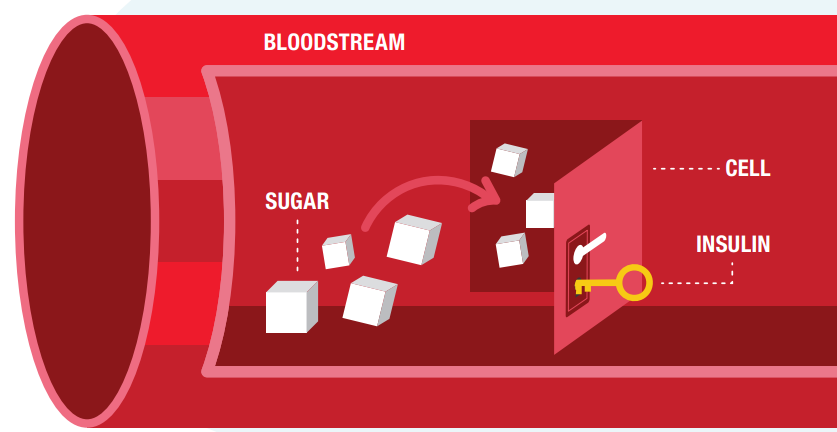

Everybody occasionally needs a mood booster when we are feeling low. Like anything, our mood can swing up and down and that is very normal. Before we get into some mood boosting techniques, we first need to talk about the hormones involved in controlling our mood.
During times of stress, hormones (i.e., cortisol) are released that help the body deal with the stress. There are also a series of chemicals released in the body during times of relaxation that help keep our stress levels under control. Serotonin is the “feel good” hormone that once released in the brain, makes us feel happy. Working alongside serotonin, there are also endorphins, a general term for other hormones and chemicals that the body releases to help relieve pain and reduce stress. Increasing both serotonin and endorphins while lowering the stress hormone cortisol can improve your mood. Your body does this naturally, but there are some ways to speed up this process.
Here are 3 ways to support this process:
1) Physical activity: One quick and effective way is to do something physically active. Physical activity can be going to the gym, taking a walk outside with your pet, or enjoying a hobby, such as gardening or biking. A 20-minute session of moderate activity can not only boost your mood, but also improve your overall health.
2) Breathing techniques: Simply doing some deep breathing exercises can decrease stress, improve mood, and can be done anywhere at any time. Mindful breathing or focusing on your breathing not only lets you be more present, but also helps create a relaxation response in the body. There are different breathing techniques you can try, but here is a common and simple one. Box Breathing exercise:
- Take a deep breath in for 4 seconds through your nose and focus on leading the breath into your belly.
- Hold your breath for 4 seconds.
- Exhale through your mouth for 4 seconds.
- Relax for 4 seconds - holding your breath, then repeat the exercise.
3) Journaling: At the end of the day, recording and reflecting on how your day went can help improve your mood and mental health. Not only does journaling give your life more routine, but it also lets you unwind and appreciate the gifts that accompany each day. It can also help improve overall mood and mental health by identifying any stressors during the day and how you handled them, so that you can be more prepared in the future.
These are just some of the many ways to help you improve your mood. Getting enough sleep, enjoying your hobbies, and spending time with family and friends are also great ways to boost your mood. Your mood will continue to fluctuate, but using these techniques to give yourself a boost when you are feeling low can be helpful.














































































